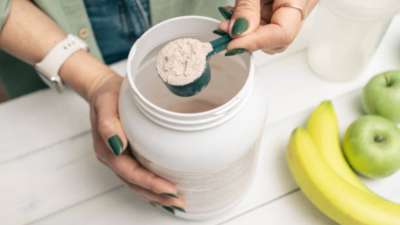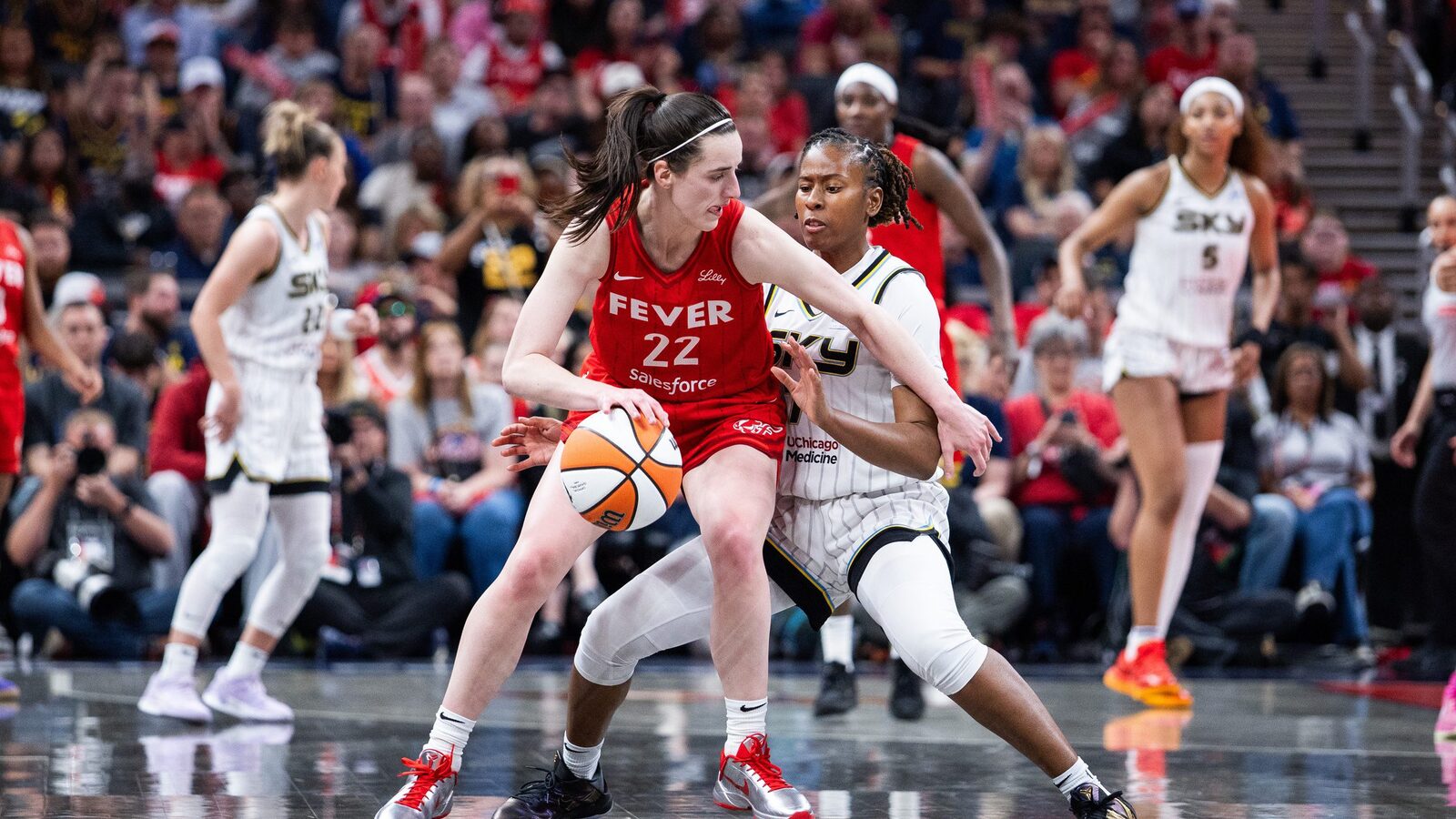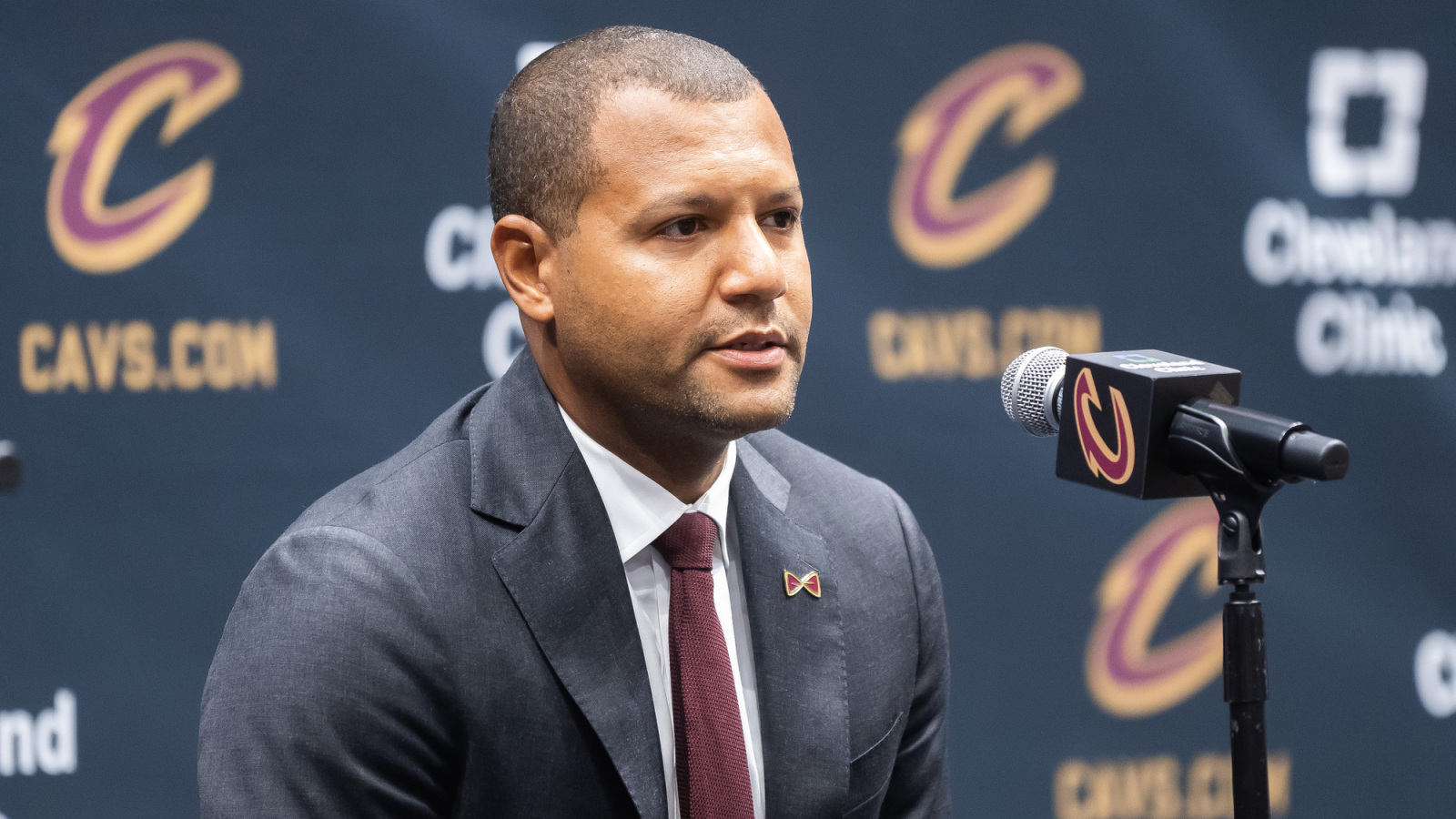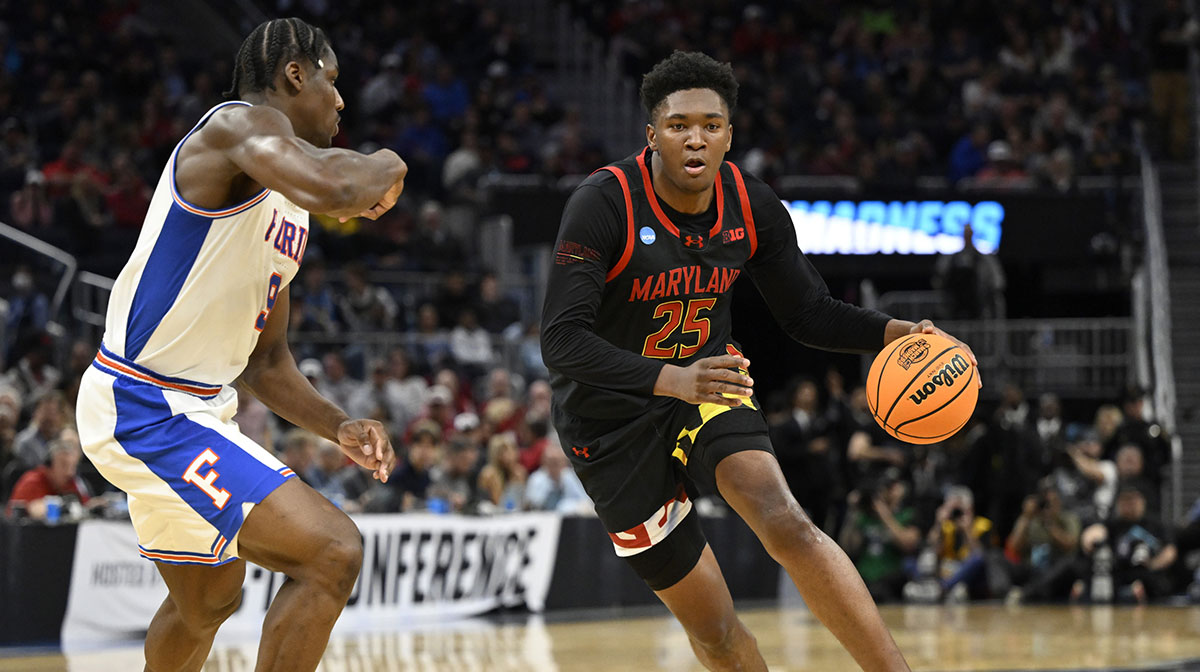Protein: Do we really need supplements or just better diets? | - Times of India

Walk into any gym, scroll through your fitness feed, or take a casual stroll down the health aisle in a supermarket, and you're likely to bump into a big shiny tub of protein powder. It’s practically the unofficial mascot of #fitlife.
But here’s the real question: do we genuinely need these supplements, or can a well-balanced diet do the job just fine?Spoiler alert: for most people, your kitchen might be all you need. But like all things nutrition-related, there’s some nuance.
First off, protein isn’t just for people who lift heavy or want abs you can bounce coins off. It’s essential for everyone. Your body uses protein to build and repair tissues, produce enzymes and hormones, and support your immune system.
It's also what helps you feel full after a meal—which is why it plays a big role in weight management too.The Recommended Dietary Allowance (RDA) for protein is around 0.8 grams per kilogram of body weight. For an average sedentary adult, that’s roughly 50–70 grams per day. But if you're active, pregnant, elderly, or trying to build muscle, your protein needs go up.Now the million-dollar (or at least $40-a-tub) question: Do you need to gulp down protein shakes?
Here’s the good news. If you’re eating a varied and balanced diet, you’re probably already getting enough protein without needing to scoop anything into a blender. Foods like:
…can easily add up to meet your daily protein goals, especially when you spread them across your meals.
Plus, these whole foods come with bonus nutrients—fiber, healthy fats, vitamins, and minerals—that a scoop of powder won’t offer. Nature packs a mean punch, and honestly, it’s tastier too.
Marketing, convenience, and the rise of the “fitfluencer” culture all play a role.Protein powders and bars are handy. You don’t need to cook, prep, or refrigerate anything. Just mix and drink. For people on-the-go, or those who have higher protein needs (like athletes or bodybuilders), supplements can help bridge the gap.They also work well for people who:
That said, convenience isn’t the same as necessity. Supplements are just that—supplements, not replacements.
Here’s where things get dicey. Many people consume protein powders thinking more is better. But your body doesn’t store extra protein for future use like it does with fat. If you consume more than you need, it either gets used as energy or stored as fat. Not quite the shredded dream you had in mind.Plus, not all protein powders are created equal. Some are loaded with added sugars, artificial flavors, or sketchy fillers. If you're grabbing a double-chocolate-sundae-blast protein shake that tastes like a dessert, check the label—your “health boost” might be closer to a milkshake in disguise.You probably don’t need a protein supplement. Not unless you have higher-than-average needs or you're struggling to meet your daily intake through food.For the average person, upgrading your diet is a better (and tastier) strategy. Add a few eggs to breakfast. Snack on Greek yogurt or almonds. Toss lentils into your salad. Boom—protein.Supplements can be helpful, but they’re not magic dust. Real food wins most of the time.It's not entirely correct to say that everyone has to consume protein supplements, says Dt Ritika Samaddar, Regional Head, South Zone, Nutrition and Dietetics, Max Super Speciality Hospital, Saket.
Most healthy individuals, particularly if you are moderately active, can easily fulfill their daily protein requirement simply by consuming natural diet. Traditional foods are rich in protein foods such as dals, pulses, milk, curd, paneer, nuts, seeds, eggs, chicken, and fish.
The trick is to choose the right foods and blend them in your meals. Supplements are not so bad if you use them correctly, but you don't really need them.
They can be useful in some situations—when you're recovering from being ill, pregnant, are an older person, or training seriously—when you need extra protein and it's hard to get it just from food, the expert explains.You know what we actually require? Just more exposure to how much we require protein in each meal. We should attempt to do better on our normal diet rather than approaching supplements immediately. It can actually be simple, low-cost, and sustainable to maintain a protein-oriented diet.
In my practice, the moment you teach individuals how to plan meals intelligently—paying attention to portions and where their protein is—typically they can achieve their nutritional objectives without having to rely on powders or shakes, the dietitian concludes.
Protein is essential, yes. But you don’t need a tub of powder unless your lifestyle or goals demand it. For most of us, a well-balanced diet with a little planning can keep those gains (and your wallet) in check.So before you splurge on that trendy new vanilla-matcha-collagen-protein-blend, maybe just eat a hearty meal. Your body—and your budget—will thank you.Here are a few FAQs related to protein and protein supplements:
You may also like...
Diddy's Legal Troubles & Racketeering Trial

Music mogul Sean 'Diddy' Combs was acquitted of sex trafficking and racketeering charges but convicted on transportation...
Thomas Partey Faces Rape & Sexual Assault Charges

Former Arsenal midfielder Thomas Partey has been formally charged with multiple counts of rape and sexual assault by UK ...
Nigeria Universities Changes Admission Policies

JAMB has clarified its admission policies, rectifying a student's status, reiterating the necessity of its Central Admis...
Ghana's Economic Reforms & Gold Sector Initiatives

Ghana is undertaking a comprehensive economic overhaul with President John Dramani Mahama's 24-Hour Economy and Accelera...
WAFCON 2024 African Women's Football Tournament

The 2024 Women's Africa Cup of Nations opened with thrilling matches, seeing Nigeria's Super Falcons secure a dominant 3...
Emergence & Dynamics of Nigeria's ADC Coalition

A new opposition coalition, led by the African Democratic Congress (ADC), is emerging to challenge President Bola Ahmed ...
Demise of Olubadan of Ibadanland
Oba Owolabi Olakulehin, the 43rd Olubadan of Ibadanland, has died at 90, concluding a life of distinguished service in t...
Death of Nigerian Goalkeeping Legend Peter Rufai

Nigerian football mourns the death of legendary Super Eagles goalkeeper Peter Rufai, who passed away at 61. Known as 'Do...





